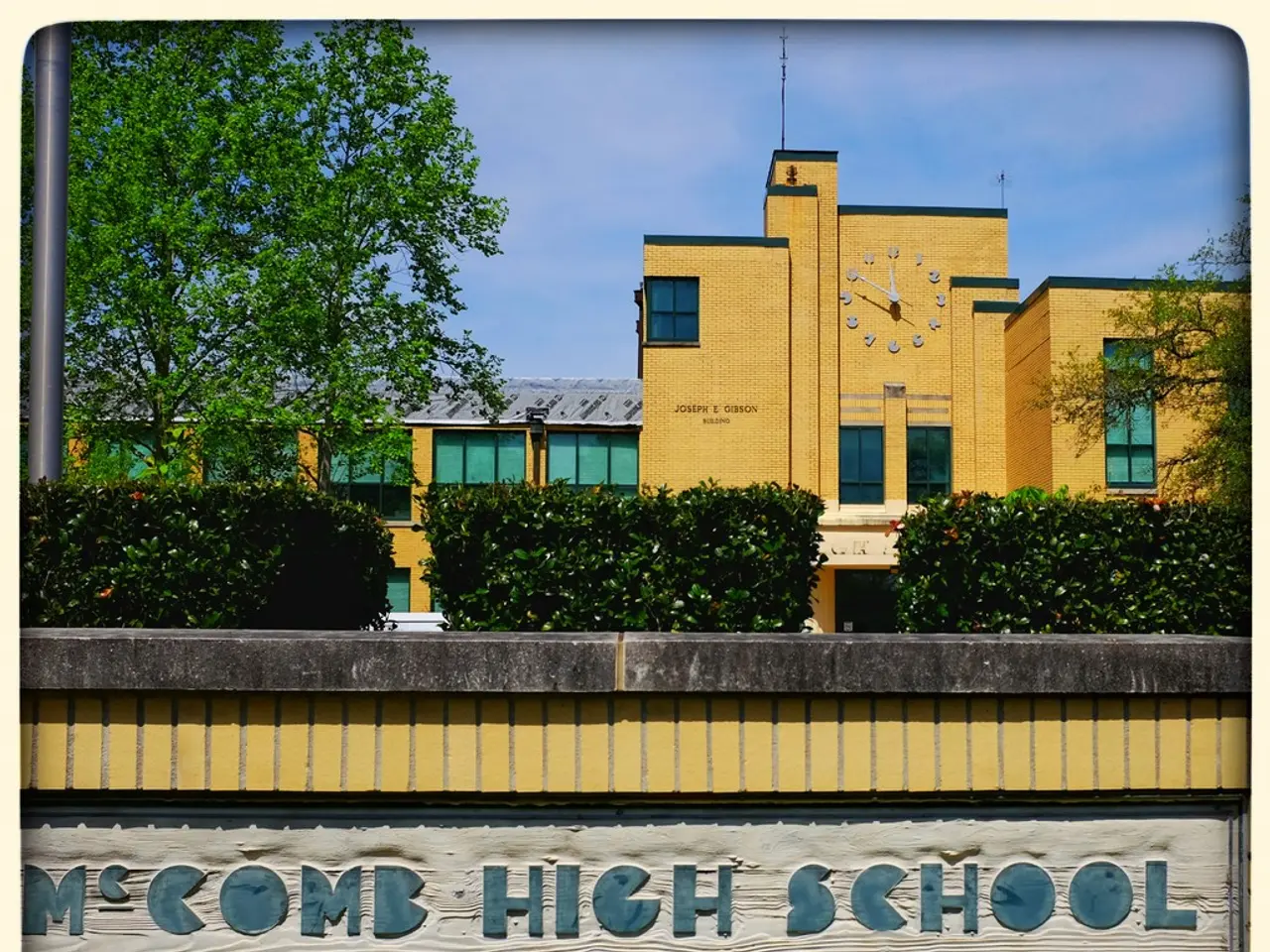Science Education Focus on Community Research on the Science Learning Platform
The Science Learning Hub, a valuable online resource for educators and learners, has made it easier than ever to access and integrate citizen science projects into the classroom. This innovative platform hosts a variety of projects, each offering unique opportunities for students to engage in real-world science investigation.
Citizen science projects are collaborative efforts that bring together educators, learners, and whānau in the pursuit of scientific research. These projects, available on the Science Learning Hub, are designed to facilitate easy access to these valuable learning experiences.
One of the standout offerings on the platform is the Plastic Free July Projects. These initiatives encourage students to participate in local and international citizen science initiatives such as Litter Intelligence, Backyard Battle, Mizuiku Upstream Battle, and the global Litterati project. Through these projects, students can investigate plastic pollution and sustainability issues using real-world data and activities designed for classroom integration.
Another excellent resource is the Biodiversity Restoration Projects. These projects allow schools to create hands-on restoration projects by designing and maintaining native plant gardens on school grounds. Students can document ecosystem changes, gaining practical experience in biodiversity and environmental science.
The Science Learning Hub also offers long-running projects with bilingual lessons, which bring science to life in classrooms with a wealth of resources. While specific projects are not named, the availability of bilingual resources supports inclusivity and wider classroom participation.
The Hub provides a searchable list of citizen science projects, categorized by topic and science capabilities, making it easy for teachers to find the perfect project for their students. To help with project identification, the Tips for Planning article, developed with teachers who have engaged their students in citizen science projects, offers valuable insights and ideas.
For educators looking to delve deeper into citizen science, the Hub offers a two-part Teacher PLD series, containing useful information and reflections from experienced teachers. The Hub's introduction to citizen science article provides comprehensive information on various project types, student perspectives, and scales from local to international.
As citizen science becomes an increasingly popular method for scientists to gather large amounts of usable data, the Science Learning Hub offers an excellent opportunity for students to contribute to authentic science practices. Project descriptions detail the tasks involved, such as setting up a survey area, collecting data, and recording results in an online database.
In addition, projects often involve data interrogation and can be integrated into wider learning units, making them an excellent tool for cross-curricular learning. Whether focusing on the Nature of Science, science capabilities, or specific key science concepts and learning outcomes, the Science Learning Hub provides a wealth of resources to aid in project planning.
In summary, the Science Learning Hub offers an extensive range of citizen science projects suitable for classrooms, including Plastic Free July initiatives, biodiversity restoration projects, and long-term projects with bilingual lessons. These resources combine hands-on learning with real scientific contribution, making them an invaluable tool for educators looking to engage their students in authentic science practices.
Science education and self-development can be facilitated through the online platform, Science Learning Hub, where various citizen science projects are available for easy access. These projects provide unique learning experiences for students when they participate in real-world science investigations, such as the Plastic Free July Projects and Biodiversity Restoration Projects.




